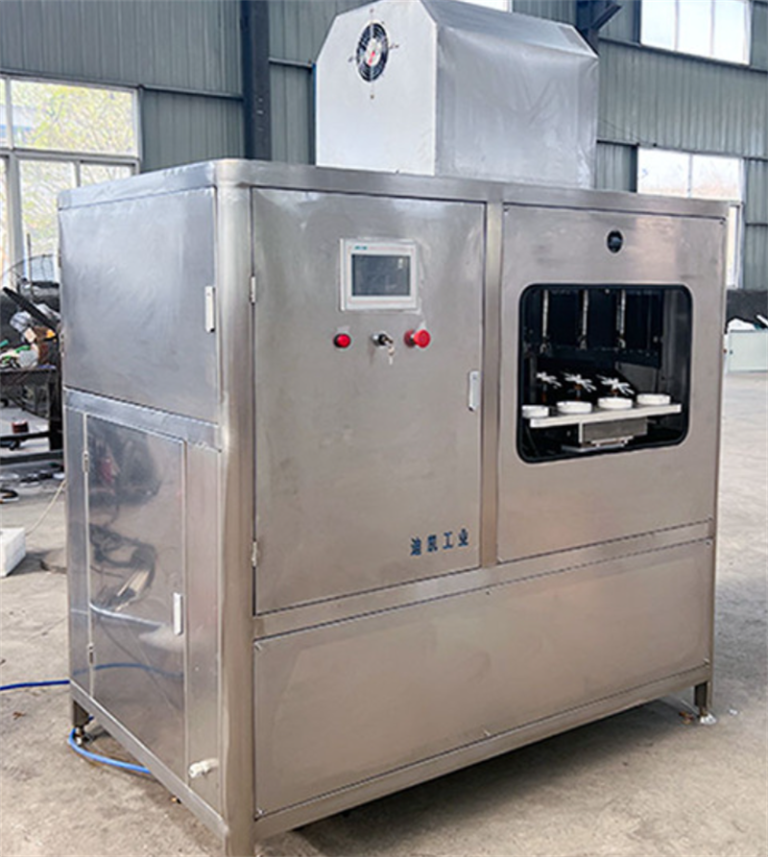Table of Contents
Selecting the Right meat drying equipment for Home Use
Drying meat has been a preservation method utilized by cultures worldwide for centuries. Today, with the advancements in technology, selecting the right meat drying equipment for home use has become a crucial consideration for those interested in preserving meat at home.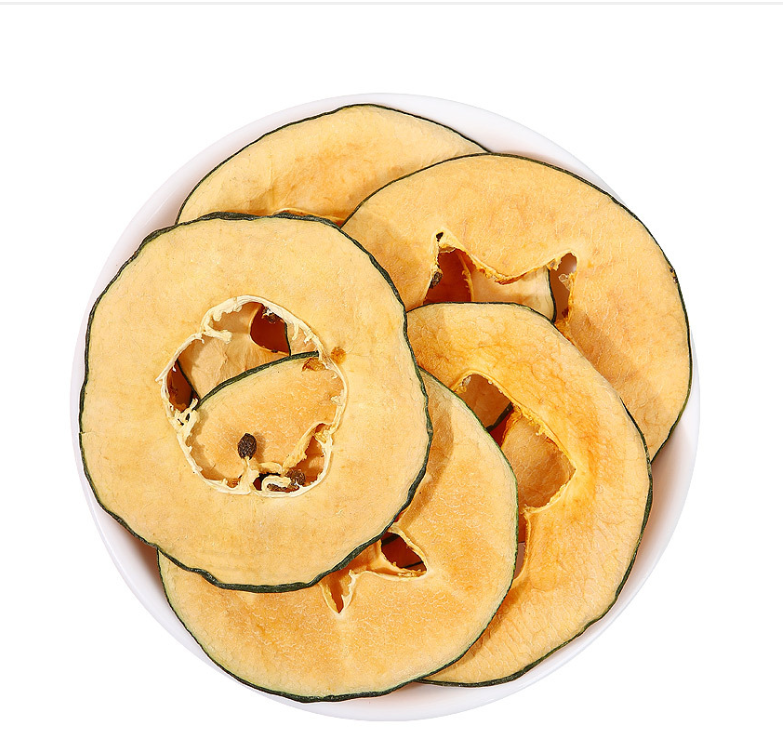 When embarking on the journey of selecting meat drying equipment, it’s essential to consider several factors to ensure optimal results. Firstly, the type of meat you intend to dry plays a significant role. Different meats have varying moisture content and fat levels, necessitating specific drying conditions and equipment.
For lean meats such as beef or venison, choosing a dehydrator with adjustable temperature settings and ample airflow is ideal. This allows for precise control over the drying process, ensuring that the meat is thoroughly dried without overcooking or becoming too brittle.
Conversely, fatty meats like pork or duck require a different approach. These meats benefit from a slower drying process at lower temperatures to allow the fat to render slowly without compromising the meat’s texture and flavor. Therefore, a dehydrator with lower temperature settings and a longer drying time is preferable for fatty cuts.
When embarking on the journey of selecting meat drying equipment, it’s essential to consider several factors to ensure optimal results. Firstly, the type of meat you intend to dry plays a significant role. Different meats have varying moisture content and fat levels, necessitating specific drying conditions and equipment.
For lean meats such as beef or venison, choosing a dehydrator with adjustable temperature settings and ample airflow is ideal. This allows for precise control over the drying process, ensuring that the meat is thoroughly dried without overcooking or becoming too brittle.
Conversely, fatty meats like pork or duck require a different approach. These meats benefit from a slower drying process at lower temperatures to allow the fat to render slowly without compromising the meat’s texture and flavor. Therefore, a dehydrator with lower temperature settings and a longer drying time is preferable for fatty cuts.
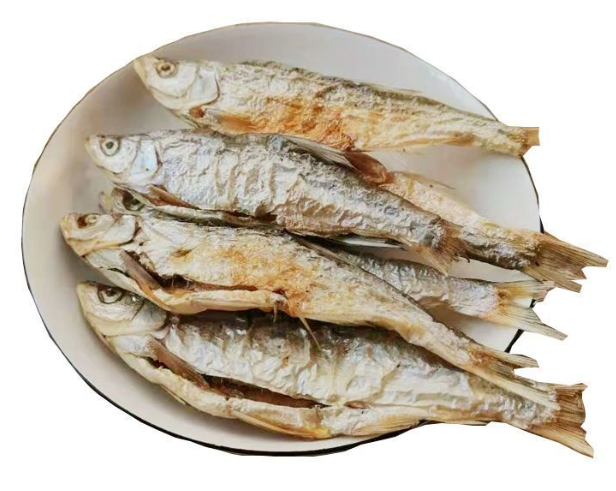 Another crucial consideration is the size and capacity of the meat drying equipment. For home use, it’s essential to select equipment that can accommodate the amount of meat you plan to dry regularly. A dehydrator with multiple trays or racks provides versatility, allowing you to dry different cuts of meat simultaneously or adjust the capacity based on your needs.
Furthermore, the ease of cleaning and maintenance should not be overlooked when choosing meat drying equipment. Opt for equipment with removable trays or racks that are dishwasher-safe for convenient cleaning. Additionally, look for models with accessible filters or ventilation systems that can be easily cleaned to prevent the buildup of bacteria and ensure food safety.
Another crucial consideration is the size and capacity of the meat drying equipment. For home use, it’s essential to select equipment that can accommodate the amount of meat you plan to dry regularly. A dehydrator with multiple trays or racks provides versatility, allowing you to dry different cuts of meat simultaneously or adjust the capacity based on your needs.
Furthermore, the ease of cleaning and maintenance should not be overlooked when choosing meat drying equipment. Opt for equipment with removable trays or racks that are dishwasher-safe for convenient cleaning. Additionally, look for models with accessible filters or ventilation systems that can be easily cleaned to prevent the buildup of bacteria and ensure food safety.
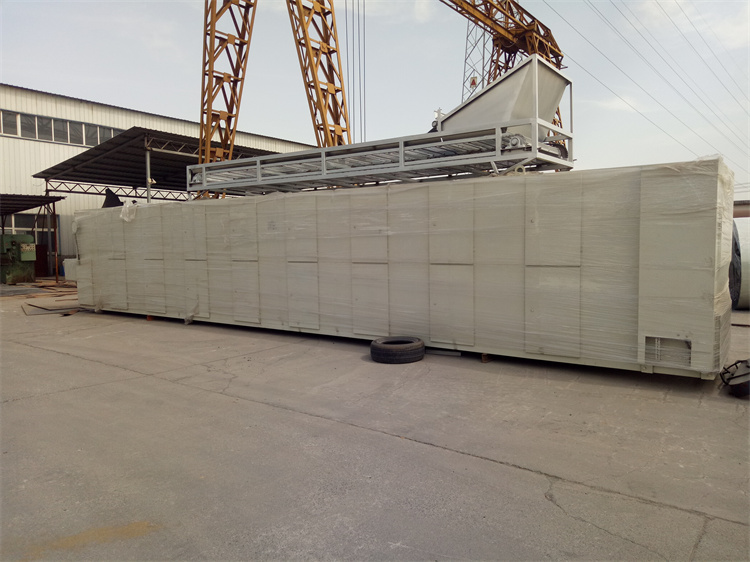 In addition to traditional dehydrators, there are other options available for drying meat at home, such as air drying racks or jerky guns. Air drying racks allow for natural air circulation, which can result in a unique flavor profile in dried meats. Jerky guns, on the other hand, are specifically designed for making jerky strips and offer precise control over seasoning and marinating.
For those interested in a more hands-on approach to meat drying, these alternatives provide creative options beyond traditional dehydrators. However, it’s essential to consider the space available, as some methods may require more room for air circulation or specialized equipment.
Lastly, consider the energy efficiency of the meat drying equipment. Look for models with energy-saving features such as programmable timers, automatic shut-off, or adjustable thermostat settings to optimize energy consumption during the drying process.
In conclusion, selecting the right meat drying equipment for home use involves considering factors such as the type of meat, size and capacity, ease of cleaning, alternative drying methods, and energy efficiency. By carefully evaluating these factors and choosing equipment that meets your specific needs, you can enjoy the convenience and satisfaction of preserving meat at home while ensuring optimal results.
In addition to traditional dehydrators, there are other options available for drying meat at home, such as air drying racks or jerky guns. Air drying racks allow for natural air circulation, which can result in a unique flavor profile in dried meats. Jerky guns, on the other hand, are specifically designed for making jerky strips and offer precise control over seasoning and marinating.
For those interested in a more hands-on approach to meat drying, these alternatives provide creative options beyond traditional dehydrators. However, it’s essential to consider the space available, as some methods may require more room for air circulation or specialized equipment.
Lastly, consider the energy efficiency of the meat drying equipment. Look for models with energy-saving features such as programmable timers, automatic shut-off, or adjustable thermostat settings to optimize energy consumption during the drying process.
In conclusion, selecting the right meat drying equipment for home use involves considering factors such as the type of meat, size and capacity, ease of cleaning, alternative drying methods, and energy efficiency. By carefully evaluating these factors and choosing equipment that meets your specific needs, you can enjoy the convenience and satisfaction of preserving meat at home while ensuring optimal results.Comparing Commercial Meat Dehydrators: Features and Performance
When it comes to preserving meat, few methods are as effective and versatile as dehydration. Whether you’re a professional chef, a seasoned hunter, or a dedicated homesteader, having the right meat drying equipment is essential for ensuring quality results. Commercial meat dehydrators offer a range of features and performance capabilities, but finding the right one for your needs requires careful consideration. One of the key factors to consider when comparing commercial meat dehydrators is their capacity. Depending on the volume of meat you plan to process, you’ll need a dehydrator that can accommodate your needs. Some models are designed for small-scale operations, with trays that can hold just a few pounds of meat, while others are capable of handling large quantities with multiple racks or shelves.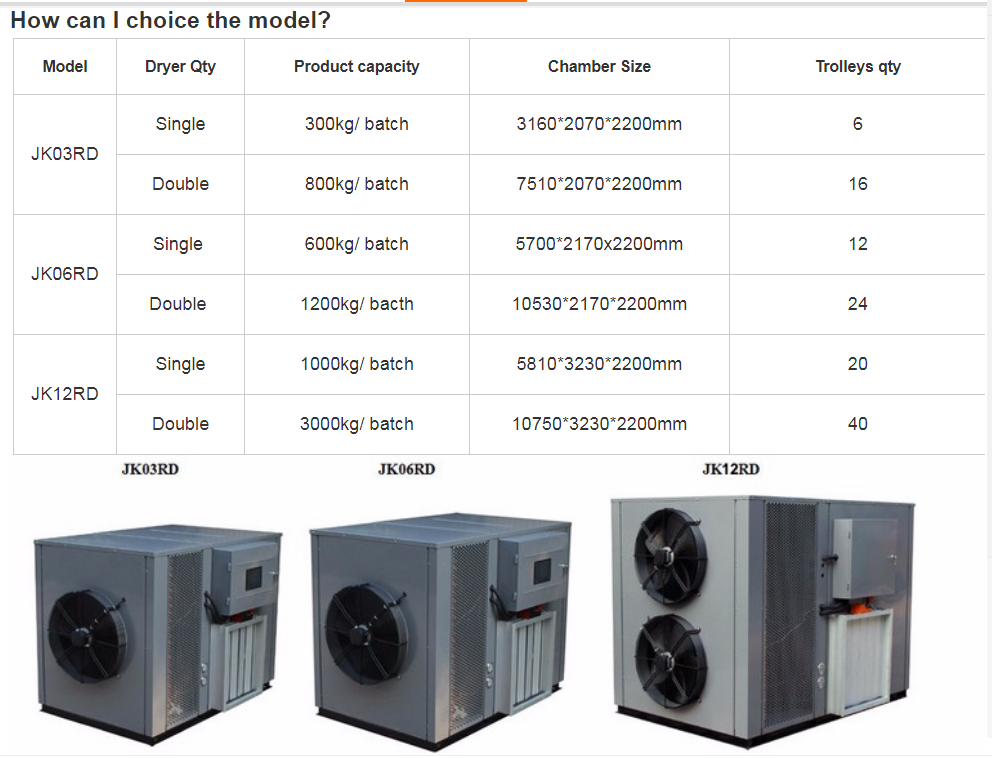 In addition to these practical considerations, it’s worth looking at the additional features and accessories offered by different models. Some dehydrators come with built-in timers and automatic shut-off functions, which can help prevent over-drying and ensure consistent results. Others may include adjustable airflow systems or specialized racks for drying different types of meat. Consider your specific needs and preferences when evaluating these features to determine which ones are most important to you.
Ultimately, the best commercial meat dehydrator for you will depend on a variety of factors, including your budget, volume of meat processing, and desired features. By carefully comparing the capacity, drying method, temperature range, construction, and additional features of different models, you can find the perfect dehydrator to meet your needs. Whether you’re drying jerky, making sausage, or preserving game meat, investing in high-quality equipment is essential for achieving the best possible results.
In addition to these practical considerations, it’s worth looking at the additional features and accessories offered by different models. Some dehydrators come with built-in timers and automatic shut-off functions, which can help prevent over-drying and ensure consistent results. Others may include adjustable airflow systems or specialized racks for drying different types of meat. Consider your specific needs and preferences when evaluating these features to determine which ones are most important to you.
Ultimately, the best commercial meat dehydrator for you will depend on a variety of factors, including your budget, volume of meat processing, and desired features. By carefully comparing the capacity, drying method, temperature range, construction, and additional features of different models, you can find the perfect dehydrator to meet your needs. Whether you’re drying jerky, making sausage, or preserving game meat, investing in high-quality equipment is essential for achieving the best possible results.
